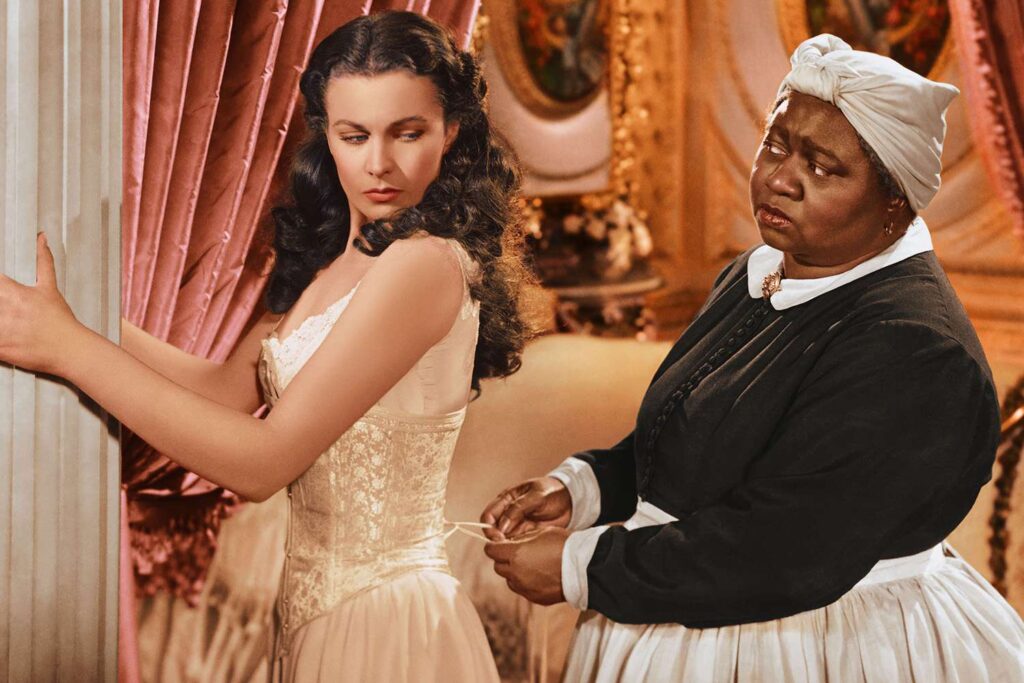Whitewashing American History

The Trump administration’s attempt to quite literally whitewash American history at the National Parks is beyond depressing. But it does show what happens in America when the nation decides to do something about the problems of Black people for 5 seconds, such as suggesting that their lives matter or perhaps that a Black person was president.
According to internal documents reviewed by The New York Times, employees of the National Park Service have flagged descriptions and displays at scores of parks and historic sites for review in connection with President Trump’s directive to remove or cover up materials that “inappropriately disparage Americans.”
In an executive order in March, the president instructed the Park Service to review plaques, films and other materials presented to visitors at 433 sites around the country, with the aim of ensuring they emphasize the “progress of the American people” and the “grandeur of the American landscape.”
Employees had until last week to flag materials that could be changed or deleted, and the Trump administration said it would remove all “inappropriate” content by Sept. 17, according to the internal agency documents. The public also has been asked to submit potential changes.
In response, a coalition of librarians, historians and others organized through the University of Minnesota has launched a campaign called “Save Our Signs.” It is asking the public to take photos of existing content at national parks and upload it. The group is using those images to build a public archive before any materials may be altered. So far, it has more than 800 submissions.
What is being reviewed?
At Great Smoky Mountains National Park, which straddles Tennessee and North Carolina, park officials have also flagged for review a plaque about the harm that air pollution poses to plants and animals. The plaque notes that “fossil fuel-fired power plants, motor vehicles and industry are the primary sources of these pollutants.”
The bulk of the content identified for review in the internal documents addresses the struggle for equality of Black Americans, from slavery to the civil rights movement.
“Text addresses slavery as the primary cause of the American Civil War,” one Park Service official noted of a plaque at the Stones River National Battlefield in Tennessee, the site of one of the bloodiest conflicts of the Civil War.
“This is both historically correct and legislatively mandated, but we ask for further review to confirm it is aligned” with the executive order, the official wrote.
At Cane River Creole National Historical Park in Louisiana, a park official noted an exhibit about slaves who tried to escape but were captured. The official was concerned because the exhibit identified the enslavers by name and mentioned that returned slaves were publicly whipped.
Rolonda Teal, an anthropologist who has studied the Cane River park, said that Congress established it in 1994 to preserve the history of two plantations that housed hundreds of slaves for over 200 years.
“If you don’t talk about the names of the slaves, the names of the enslavers, the whipping of the slaves, then you’re only telling white history in America,” Dr. Teal said.
“Why would you visit a plantation if you don’t want to hear the whole story, and how could it be a plantation if there weren’t slaves?” she added. “So that’s the ridiculousness of it all.”
Well, what if you think that Gone with the Wind is a documentary?
One other note here–it’s clear from the story that plenty of park employees are cooperating with Trump and I am engaging in speculation here….but the bane of the NPS for years–and this is something most people are not comfortable talking about publicly–is the preferential hiring of veterans, which is a problem not because of their politics, but because they are often far less competent and prepared for these jobs than, say, someone with actual training in public history, for example. Internally, other NPS people know this is a huge problem in the agency, but who will go after veterans? Anyway, dollars to donuts that is where the snitches are.
